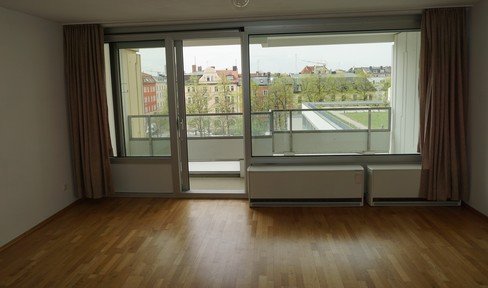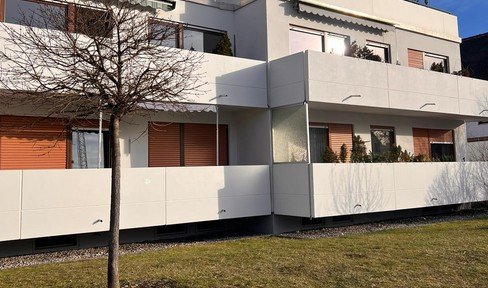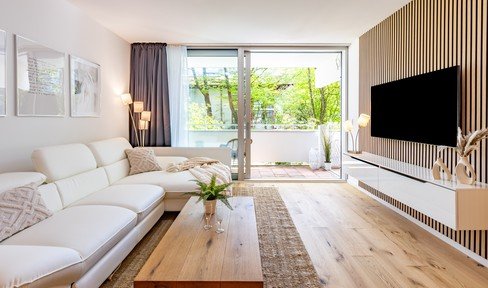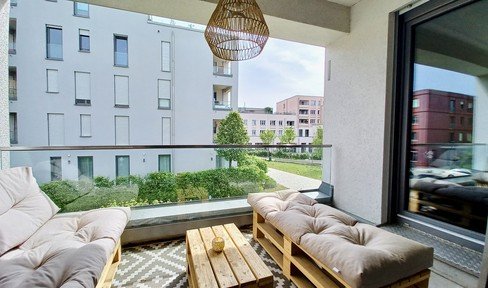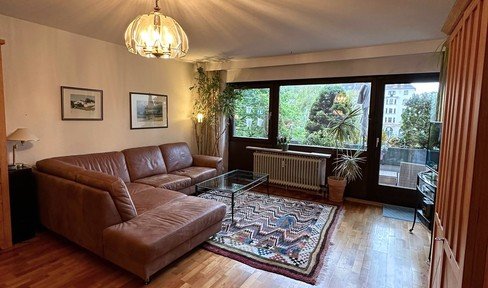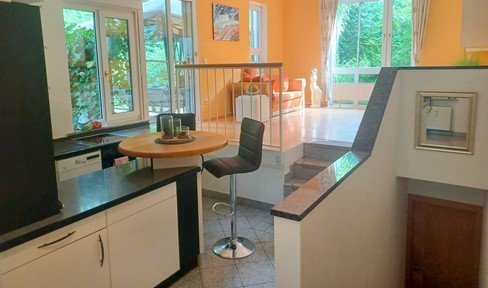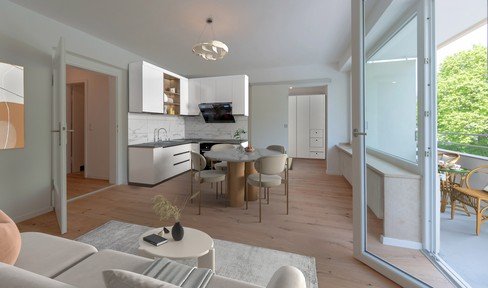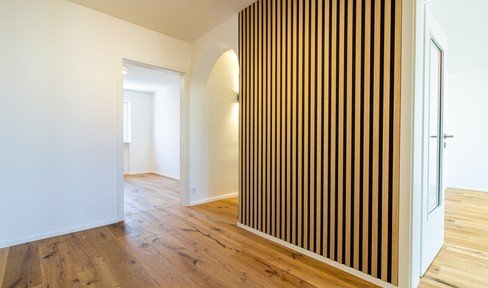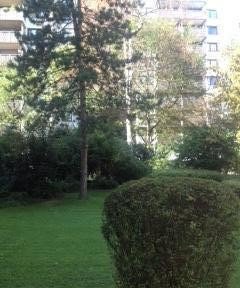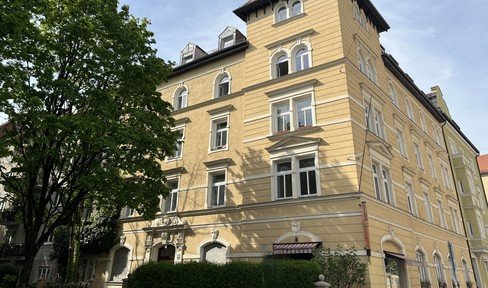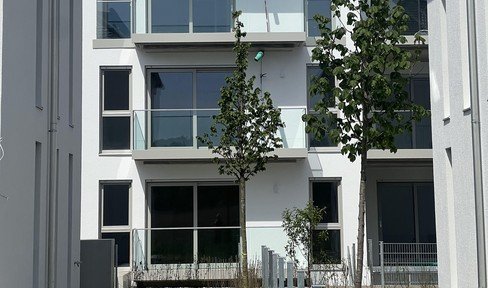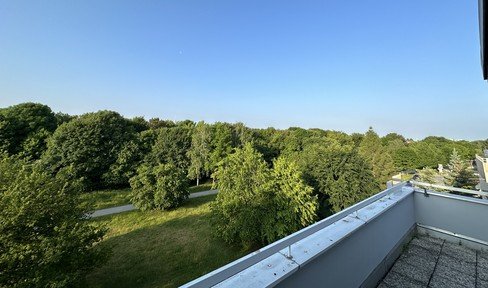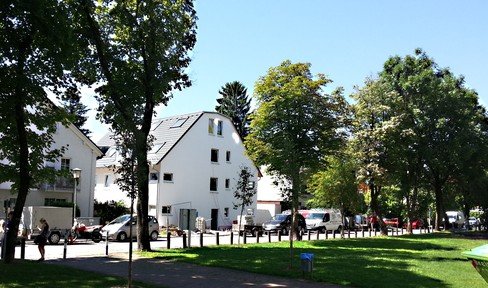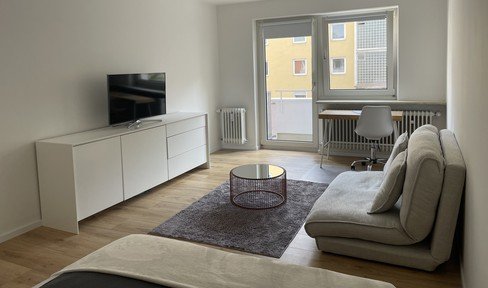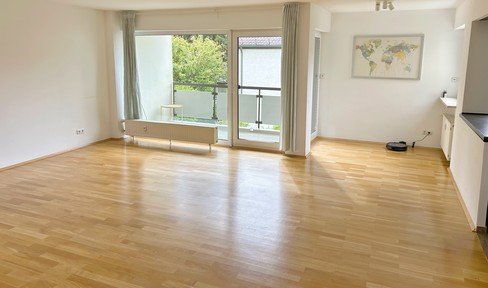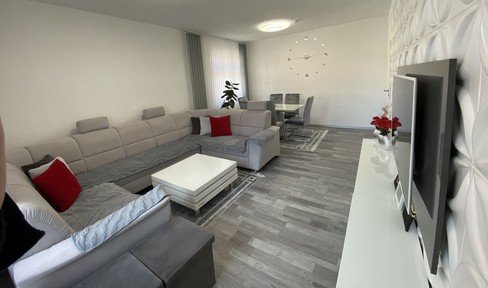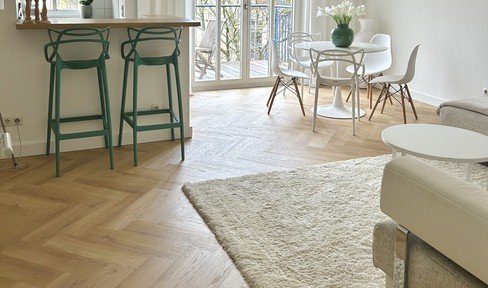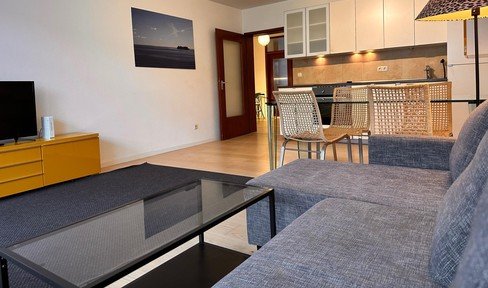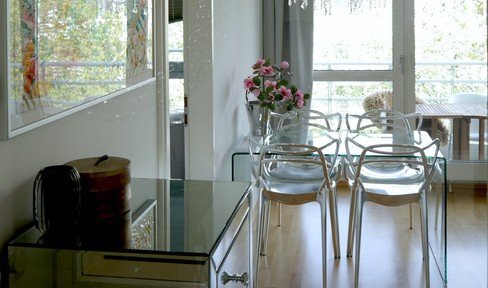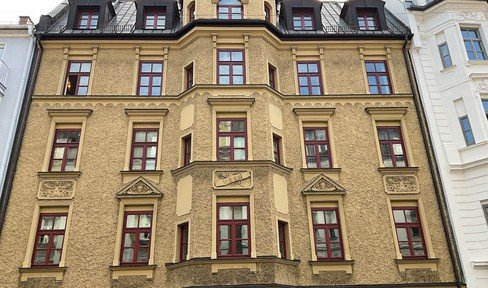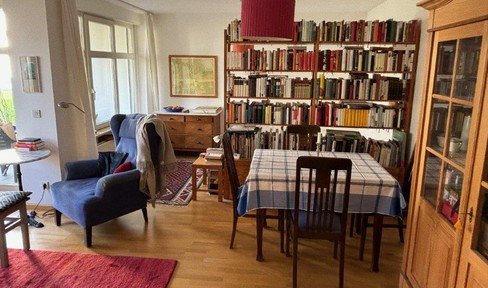
This page was printed from:
https://www.ohne-makler.net/en/properties/apartment-buy/bayern/munchen/
Comission-free Apartments for sale in München
Here you will find 89 offers for commission-free Apartments in München and surroundings
The Bavarian capital as a refuge for rich heirs and lottery winners?
Anyone who is actually seriously considering buying an apartment in the Bavarian capital at the moment must, to put it slightly exaggeratedly, probably belong either to the lucky generation of (very) rich heirs or to the community of enviable lottery winners with at least 5, but preferably 6, correct numbers. Prices for condominiums as in the global comparison otherwise only in Paris, London and Moscow coin the offer already for middle to better locations locally. For investments, for which one can select in also not exactly favorable German cities such as Hamburg, Duesseldorf or Frankfurt/Main already under the Toplagen there comfortably, one receives in Munich at most simply equipped and small dwellings usually far from the center. Neither the traditionally expensive middle-class neighborhoods such as Bogenhausen, Maxvorstadt and Ludwigsvorstadt-Isarvorstadt nor the former working-class and student areas such as Giesing, Sendling and Schwabing, which used to be in low demand because of their predominantly simple building fabric, have been spared the price spiral that has been steadily rising for several years. In the surrounding areas, too, the immense price increases in the city have been leading to corresponding rises for some time now. In towns and communities such as Aschheim, Bergkirchen, Dachau, Feldkirchen, Garching, Germering, Grünwald, Gröbenzell, Haar, Ismaning, Karlsfeld, Neubiberg, Neuried, Olching, Oberschleißheim, Planegg, Puchheim, Pullach, Putzbrunn, Unterhaching and Unterföhring, prices for condominiums are in some cases only slightly below or even on a par with the current average Munich purchase price of just over 6,000 euros/m².
The high prices have even made once disdained high-rise buildings interesting.
This current benchmark is by no means to be classified as a reliable rule; on the contrary, costs in highly sought-after residential areas can easily reach price ranges of between around just under 7,000 and well over 8,000 euros/m². You should have a well-filled "war chest" especially in Au, Bogenhausen, Maxvorstadt, Neuhausen, Harlaching, Nymphenburg, Schwabing-West and Ludwigsvorstadt-Isarvorstadt. Somewhat cheaper, but still very expensive by national standards, are Haidhausen, Hadern, Obermenzing, Thalkirchen, the Altstadt, Obersendling, Sendling-Westpark, Obergiesing, Untergiesing, Schwanthalerhöhe and Solln, at almost 6,000 to just under 7,000 euros/m². Condominiums below 6,000 euros/m² are currently available mostly only in outlying districts such as Allach, Freimann, Laim, Untermenzing, Aubing, Lehel, Milbertshofen, Ramersdorf, Trudering, Berg am Laim, Forstenried, Moosach, Pasing and Riem, as well as very occasionally in Schwabing and Sendling. Apartments for 4,000 to 5,000 euros/m² are considered sensational bargains in Munich, but these can be found almost only in districts such as Perlach, Feldmoching, Fürstenried, Am Hart, Langwied and in the satellite town of Hasenbergl, which is rarely preferred by investors or owner-occupiers, despite redevelopment and social measures. Even locations that were once less interesting for buyers because of their dominant high-rise and apartment buildings are now selling like hot cakes. This is the case, for example, in the Denninger Strasse-Warthestrasse housing estate, in Arabella, Fidelio and Cosimapark in Bogenhausen, in the Blumenau housing estate in Hadern, as well as in Johanneskirchen-Nord, Neuperlach, Nordheide, the student city of Freimann, the Oberwiesenfeld student district and in the "star houses" of the Siemens housing estate in Obersendling.
Support measures to enable Munich residents to live in the city
Munich's obvious lack of inexpensive or affordable housing, even for residents or newcomers with normal incomes and a long-term interest in property, has alarmed the city government and has caused sociologists who warn against excessive speculation even in simple locations some headaches for some time. The basic problem here is the scarcity of free building land in the urban area, which is why various subsidy measures have been adopted and introduced to provide financial support to the population in buying apartments. For example, owner-occupiers with medium incomes who have no previous real estate or co-ownership shares in Germany or abroad and who have had their main residence or workplace in the city area for at least three years without interruption can purchase apartments on municipal building plots for prices between 2,800 and 3,200 euros/m² as part of the "Munich Model Property". Potential capital investors can also enjoy this preferential treatment, but must adhere to strict specifications regarding eligible tenants, initial rent, rent adjustment and rent control over 20 years. A similar objective is pursued by the concept of "Socially Responsible Land Use" (SoBoN), which was launched in 1994 and has since enabled the construction of more than 36,000 publicly subsidized apartments in Munich and is to be vigorously continued in view of the continued urgent need for housing in the future. However, it remains to be seen whether and to what extent these control measures, particularly in conjunction with ambitious new construction plans such as those for the completely redesigned Freiham district on the western edge of the city with its planned 9,000 to 10,000 apartments for 18,000 to 20,000 inhabitants by around 2017, will be suitable for easing the still tight market situation for condominiums in Munich, given the already very high prices.
Summary Apartment buying in Munich:
- For the price of simple Munich apartments, you can already get houses elsewhere
- Purchase prices in the center are now on an international level
- All districts and the entire surrounding area are affected by the price spiral
- Less desirable high-rise developments are now also in high demand.
- At best, there are still a few affordable offers outside the city and on the outskirts
- Subsidies for the purchase of property are only weakly alleviating the shortage.
- It will be several years before new urban districts such as Freiham are completed.
Apartments for sale around München
Properties to Rent in München
Properties for Sale in München
Diese Seite wurde ausgedruckt von:
https://www.ohne-makler.net/en/properties/apartment-buy/bayern/munchen/
